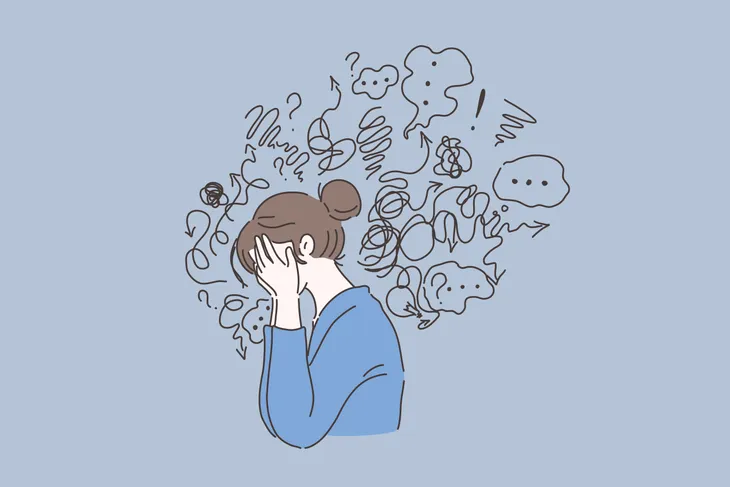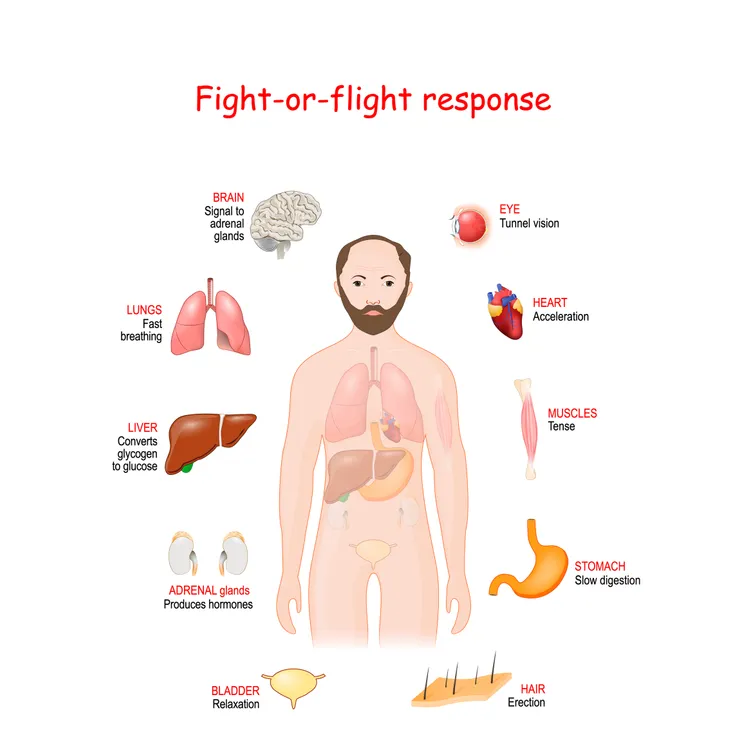We’ve all felt the tightening and heart-thumping effects of stress—be it job stress, financial stress, or being pulled over for driving too fast. However, many individuals confuse stress and anxiety, two very different responses.
Here are some differences between stress and anxiety…
What is Stress?
Stress results when we’re overcome with life’s pressures—a deadline at work, rushing to get to an appointment on time, a crisis at home with the kids—it causes the sudden release of adrenaline, a hormone that negatively impacts the mood and emotions, and elevates the blood pressure.
What is Anxiety?
While anxiety is not the same as stress it can result from being put under stress. Anxiety manifests in symptoms such as intense fear, worry, and disabling dread, and the individual may become incapacitated by jitters, chest pains, dizziness, shortness of breath, feeling faint, and a panic attack.
What Commonly Causes Stress?
Stress typically results from an external motivator, or stressful situation—too much going on at once—which can end in feelings of anger, frustration, crying, and nervousness.
However, once the stress subsides (or you remove yourself from the stressful situation) so do the negative emotions.
What Causes Anxiety?
Mental health professionals differentiate stress from anxiety because anxiety continues even long after the stressor is removed (or you remove yourself from the stressful situation).
Feelings of anxiety can also set in suddenly and without any recognized stressor.
The Visible Threat of Stress
Sources of stress are typically visible or easily acknowledged by the affected individual and the amount of stress experienced is in proportion to the level of the threat. For instance, stress at work will cause a series of mild physical and emotional reactions compared to the stress we’d feel if we were mugged on the street.
The later response would be more fear and threat motivated and our fight or flight response would react more intensely.
Anxiety’s Sneak Attack
While anxiety can set in when we encounter severe forms of stress (i.e., being mugged); it most often occurs without any visible stressor and can strike chronically and suddenly at the most inopportune moments (i.e., on a social outing), without any neither notice nor explanatory reason, resulting in an anxiety attack.
Common Reactions to Stress
We are all familiar with the common symptoms or reactions to stress. Once the adrenal glands secrete adrenaline hormone, the fight or flight response kicks in causing a rise in blood pressure, an elevated heart rate, dilated pupils, perspiration, tense muscles, headache, and irritability. Again, these symptoms will subside when the stressor disappears.
Reactions to Anxiety
Reactions to anxiety, on the other hand, often differ from person to person and linger long after the source of stress is removed (or occur for no apparent reason at all).
However, a feeling of impending doom is shared among many anxiety sufferers who also report intense fear or panic, the urge to escape, tightening throat, shortness of breath, flushing to the face and neck, confusion, lightheadedness, unsteadiness or vertigo, chest and head tightness, hot and cold chills, jitters, nausea, sweating, rapid heart beat, and even fainting or vomiting.











